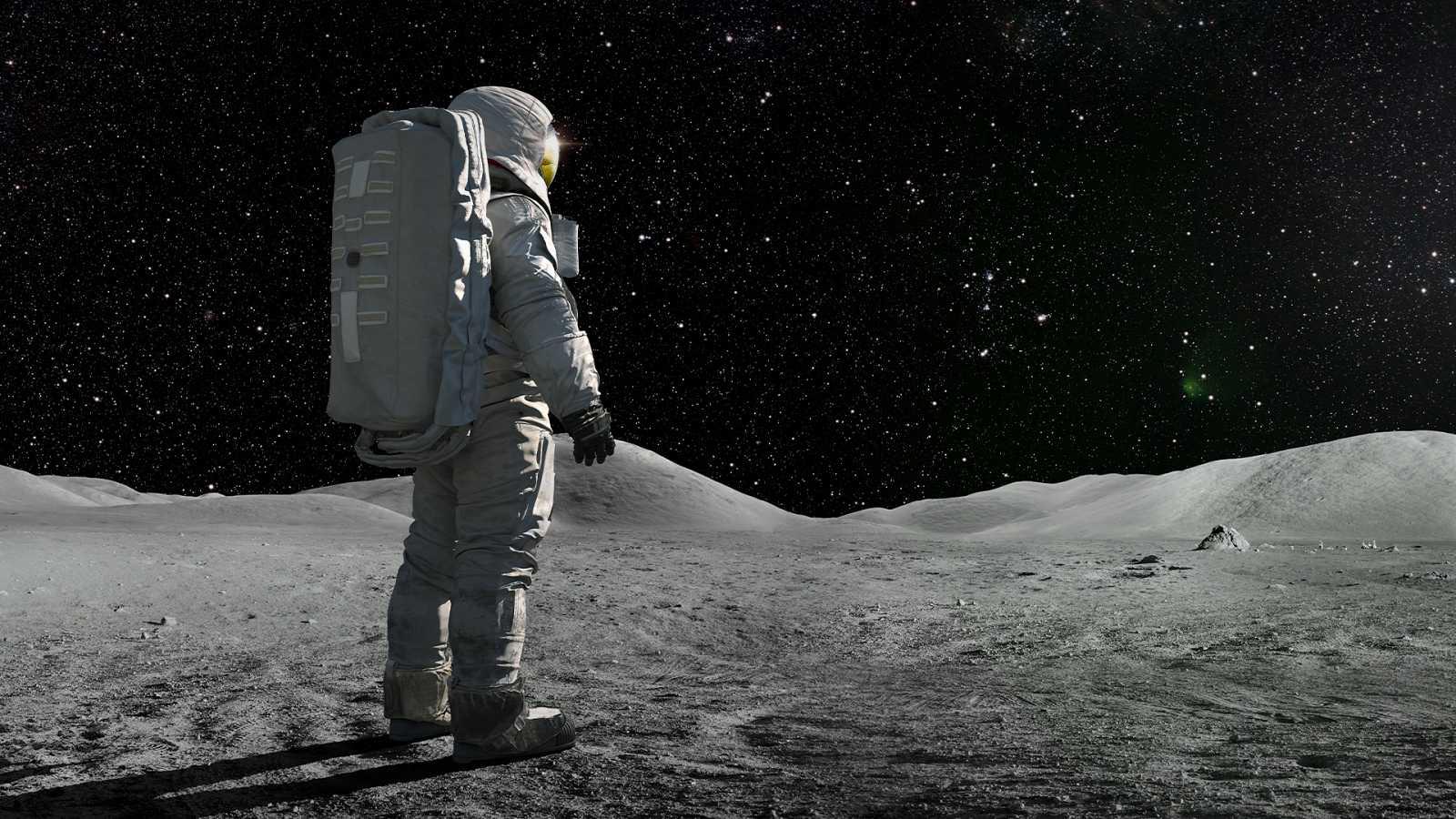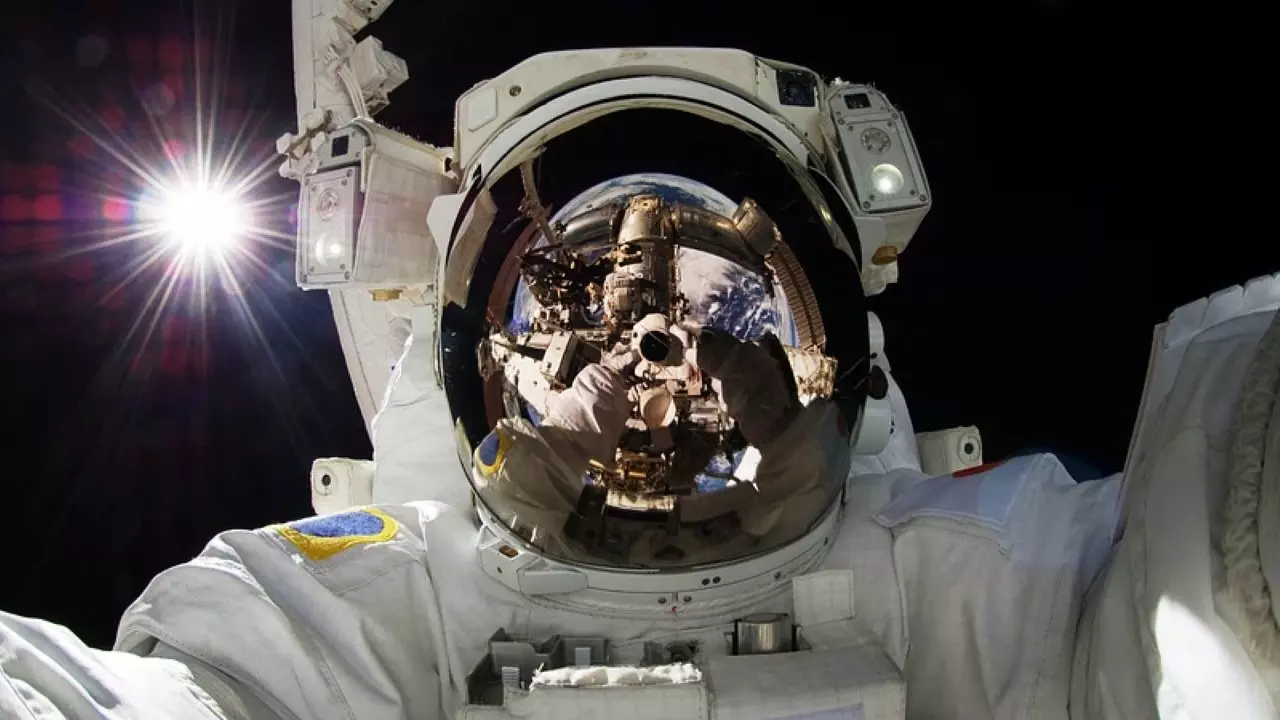The cosmos has always fascinated mankind, and space exploration has become one of the great adventures of our time. however, Live on earth It involves a series of challenges for the human body. One of the most relevant is how long an astronaut can stay in space without suffering serious consequences.
When we all enjoyed the 1998 movie Armageddon, we saw how Bruce Willis once again saved the world from an unparalleled catastrophe. But one of the details of the film is that when they have to refuel their ships at the International Station, they are greeted by a Russian astronaut who has been locked there for a long time, maybe too long.
This is not a cinematic license Michael Bay takes, but from reality Current record for longest duration in space It is owned by a Russian cosmonaut Valery Polyakov, He spent 437 days and 18 hours on the Mir space station between 1994 and 1995.
This feat represents a milestone in human resilience, but it also reminds us that there are limits to what our bodies can withstand in such a hostile environment.
How much can the human body withstand in space?
He The maximum time an astronaut can stay in space A topic under constant investigation, without facing serious consequences. As space missions become more ambitious, understanding and preventing the effects of space on the human body becomes even more important.
NASA, Elon Musk, the Chinese space agency and no other First World nation have stopped exploring how to reach distant planets like Mars, but space exploration remains a challenge to human resistance. However, it is also an opportunity to learn more about ourselves and our place in the universe.
Physical Effects of Prolonged Stay
It is the first thing that comes to mind when we talk will remain outside the Earth for a long period of time, in a cold and zero-gravity environment, what are the limits of the human body. What science tells us is that physically we can do a lot worse.
- Loss of muscle and bone mass: Microgravity reduces the force supported by bones and muscles, leading to bone mineralization and muscle atrophy. Astronauts can lose 20% of their muscle mass during a six-month spaceflight.
- Cardiovascular problems: Microgravity also affects the blood supply in the body, which can cause cardiac problems such as arrhythmias and low blood volume.
- Immune System Changes: Long-term exposure to space radiation and the microenvironment of the spacecraft weakens the immune system, leaving astronauts vulnerable to infections.
- Vision and hearing problems: Intracranial pressure increases in space, which causes changes in the shape of the eyeball and affects vision, as well as the inner ear.
Mental effects of spending time in space
But it is important to remember that apart from how our body looks, mental strength can be impaired in different ways.
- Loneliness and Isolation: Astronauts experience prolonged social and family isolation, which can lead to feelings of loneliness, depression and anxiety.
- Stress and fatigue: The responsibility of space missions, exposure to radiation and the uncertainty of returning to Earth create high levels of stress and fatigue for astronauts.
- Sleep disorders: Microgravity disrupts circadian rhythms and sleep quality, which can affect mood and cognitive ability.
- Illusions and Imaginations: Astronauts can see familiar patterns in random objects or shapes, like faces in clouds or animals in stars. This is because the brain continues to search for meaning in what it sees, even when visual information is limited.

The fact is, despite all these risks, science is making progress in developing strategies to mitigate the effects of long space stays. That's why we see how spaceflight has exercise machines, advanced communication systems, and improved nutrition systems. All this, along with the due amount Astronaut production Medical supervision is essential to protect the health of these professionals.

